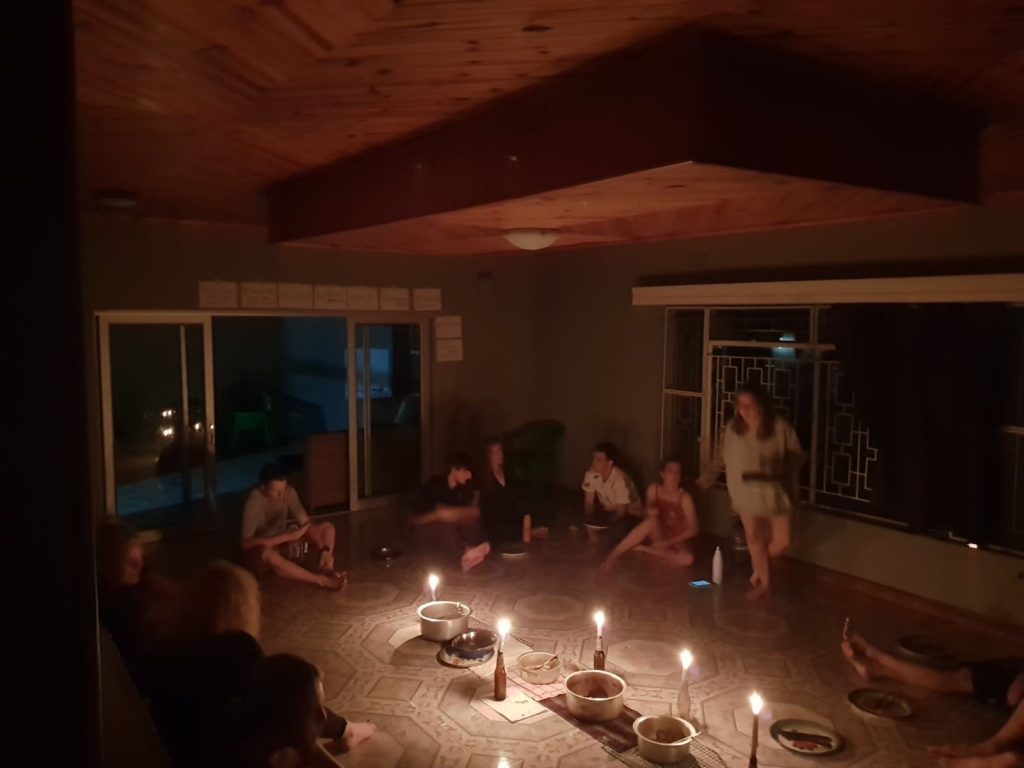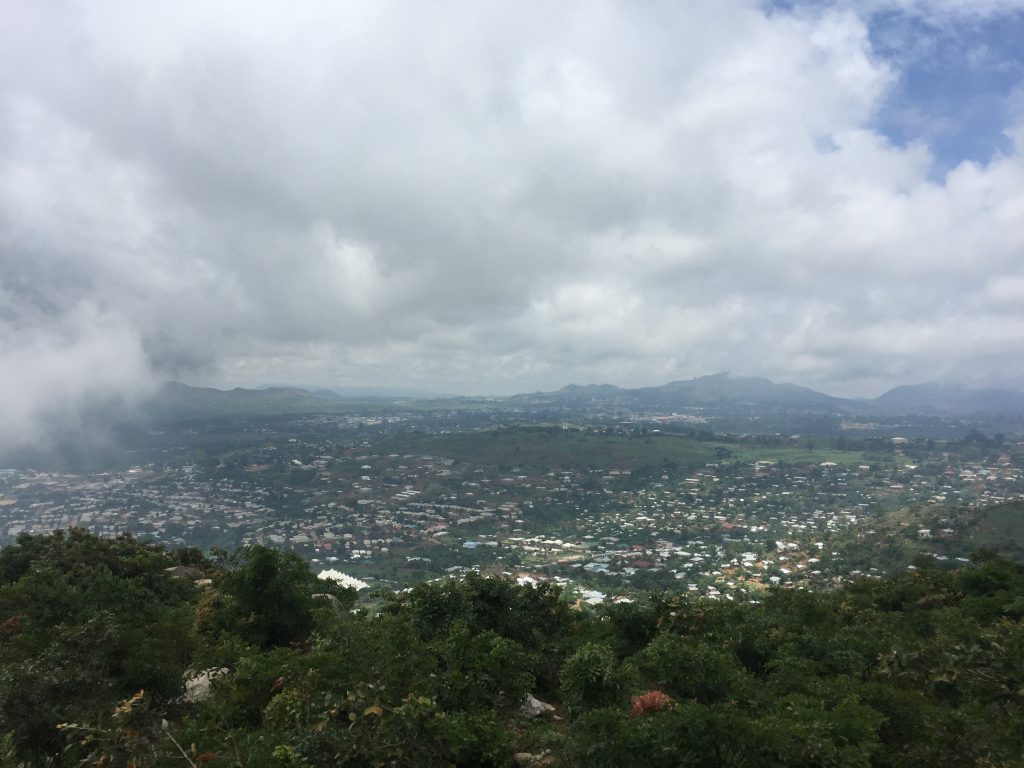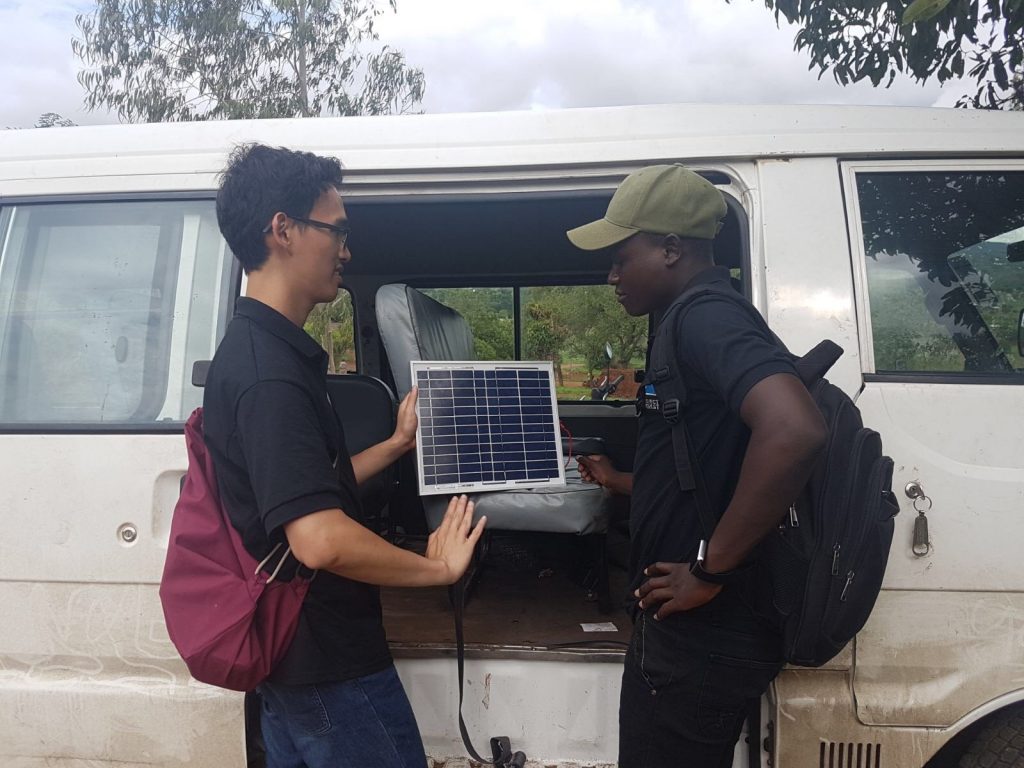Man, Malawi. It was warm alright. Both in terms of the weather and the lovely people. Contrary to my parents’ concerns and misconceptions, the locals were very warm and had the biggest smiles!
Chatting with strangers on minibus rides yielded common topics of interest and I was struck by the realisation that they’re not too different from us.
I spent a month in Malawi working on a social enterprise project in agriculture. It was the first time I had been to Africa. I was out of my comfort zone, yet so comfortable and in my zone, as I felt so at home in a place that was so foreign. Something about the simple lifestyle, laid-back vibe and its stunning natural beauty really enchanted me.
Life in Malawi
It seems like a distant dream. I got into a routine: 0615 – morning exercise, a refreshing cold bucket shower and my long-ass hair drying naturally with the wind in my face as we rode out to the farm in our van with the windows open.
Lunch mainly consisted of 2-for-1 Krazy burgers (best deal ever), cabbage and chips (SO DELICIOUS and it pretty much became a customary snack on our way back from the farm) or the humble peanut butter sandwich (with YUM YUM peanut butter!).
On one day, we had the tastiest plain rice I’ve ever had in my life, prepared by local villagers. On another day, we treated ourselves to some really awesome vegetarian Indian curry alongside some really cringe Bollywood drama.
Dinner was wholesome Malawian food (mainly vegetarian) cooked by a lovely Malawian lady. I loved the cute candlelit dinners when our electricity cut out. In fact, we got so used to it that when the electricity was constantly on for the last few days we thought it was weird and scary.

I had deep and meaningful chats about life whilst squashed in the back of a minibus on a 2-hour ride, went on safari and got to see hippos take an explosive shit in the river, and got to see some absolutely stunning landscapes.
My highlight was climbing Mount Soche and feeling the amazing sense of peace and serenity at the top whilst overlooking the country that I had come to be so fond of.

And then a random thought came to me: I wished that Malawi would never become a developed country. I feared that it would lose much of its beauty and humanity if it did. I loved that we didn’t have to care about the modern trappings of society like excessive materialism and consumption.
Sure enough, there was inequality, but not to the extent of a place like, say, Hong Kong. The difference was pretty stark when I travelled to Hong Kong straight after. It was quite distasteful and alienating.
Weirdly enough, I also learned a lot about Australian culture since I was surrounded by typically Australian people, who introduced me to the concepts of “odds”, “cooked”, “corners”, “low key”, “ghostie” and referring to inanimate objects as “she”. Alas, I never understood the references to Australian politicians.
The project
Whilst it was an amazing and eye-opening experience on a personal level, I have my doubts about whether we achieved what we set out to do on the project side of things.
Our end goal was to improve the standard of living for smallholder farmers. We thought we’d do that by increasing their yields and nutritional variety by setting up an experimental farm with permaculture farming techniques.
Yet, we fell into the trap of building a solution that we thought might work before fully grasping the unique problems these people were facing. It was tough because the rationale behind setting up a farm as soon as possible was that we would miss the right season if we delayed it until we’d collected all the relevant data.
As the results would prove a few months later, the farm was not very successful and had to be abandoned.
Even though we’d started the month with the intention of focusing on collecting as many insights as possible through customer interviews, we de-prioritised that to work on physically setting up the farm. That took a lot of time and effort. I guess it’s easy to say with hindsight that it probably wasn’t the best way to go about it. I thought that it reflected a need for immediate outcomes over long-term strategic planning.
We felt so accomplished having toiled day in day out to establish what seemed like an impressive farm. But towards the end, some important questions were brought up.
How much effort is it going to take for later teams to continually monitor and maintain the farm? How are they going to measure the data that they obtain? Most importantly, how will this be scalable and repeatable across different plots of farmland?

I think we missed out on the very important ‘empathise’ phase of the design thinking process. We did some interviews – but not enough to draw any meaningful conclusions.
The language barrier also made it quite difficult for us to build rapport. I wish we’d been better trained in the local language and understanding the local culture. I was surprised by the lack of cultural sensitivity displayed by some people in our group.
Don’t get me wrong, they’re lovely people. But some of them can’t even be bothered to learn how to pronounce Chichewa phrases correctly, most of them didn’t bother mingling with locals or trying out local experiences and one even expressed disgust and ungratefulness at being offered a local drink by the villagers. Oh, and the constant whining about #firstworldproblems. Sigh.
I wonder how the villagers are doing now. Would they have been terribly disappointed by the results of the farm and lost faith in all those western people that came into their community promising change?
I hope that there was some form of explanation to the community, and I’m sure the other teams involved in energy and health could offer to improve their lives in other ways.

How can we ensure that any well-meaning projects involving foreigners travelling to developing countries trying to assist local communities actually end up producing beneficial outcomes?
Perhaps we should have better engaged the local community in the solution-building process. A farmer once came up to me and asked why we were planting seeds in a certain way and where we had learned to do so. I simply told her that we’d learned it off the internet.
Now that I think about it, despite having done thorough research on the methods we were implementing on the farm, we really should’ve asked farmers for their opinion. They know the local environment the best, after all.
Sure, they might not have used certain methods before, but they may have heard of them or otherwise been able to offer some constructive input. Some farmers have been known to experiment with various farming methods.
Or, we could have simply provided access to the information that we so easily obtained through a Google search and let the farmers come up with their own innovative solutions. These people have been farming for years. Who are we to come in and say that our methods are the best solution?
In any case, I would love to go back to Malawi one day. Life was so much simpler and so much more wholesome.






